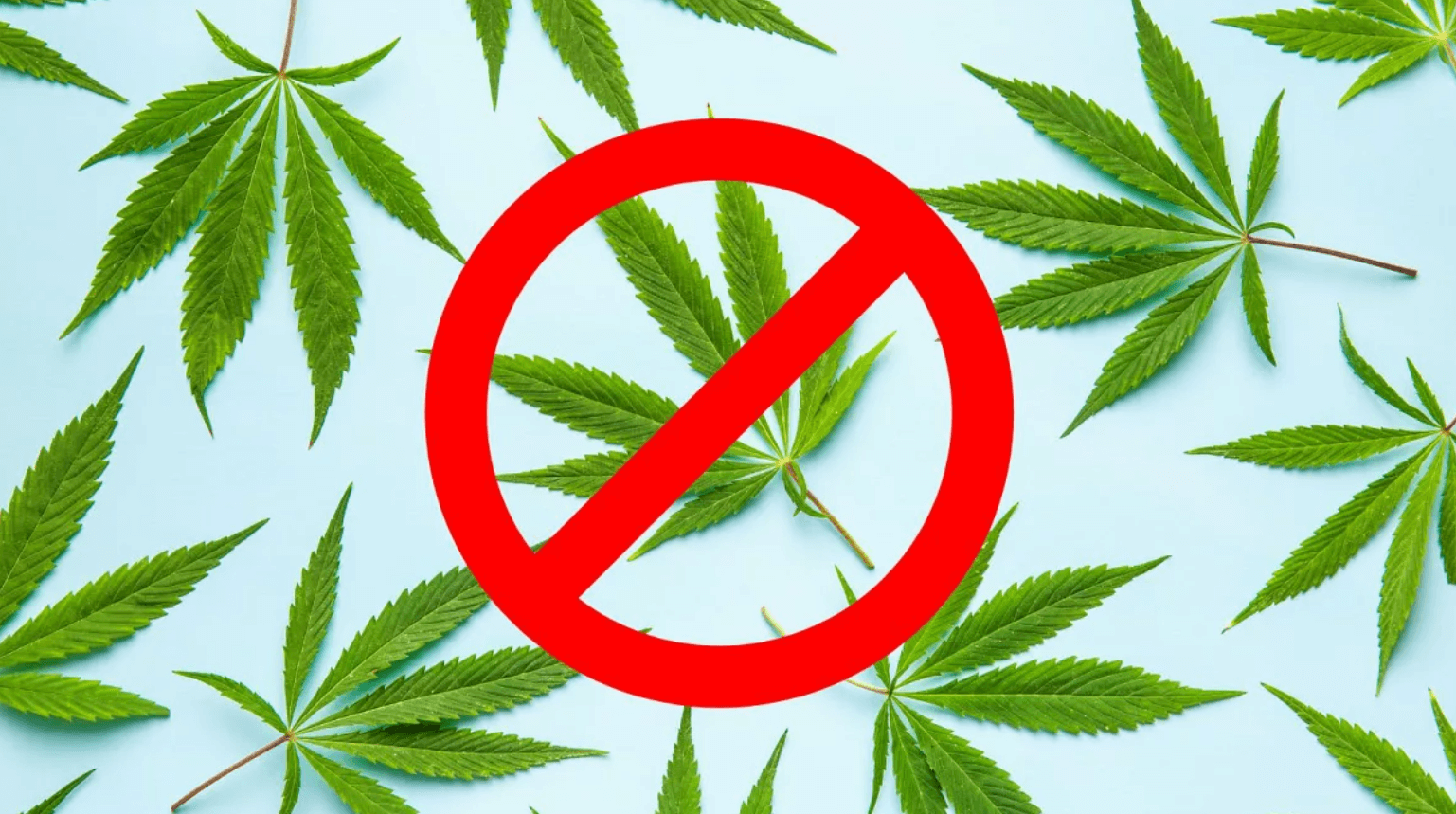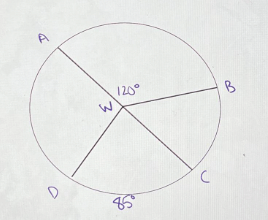
Why Is CBD Legal but Not Weed
The legal dichotomy between CBD and marijuana raises questions about the factors influencing their disparate classifications. While CBD’s legality can be attributed to its low THC content and perceived therapeutic benefits, the reasons behind marijuana’s prohibition are more complex. Understanding the nuances of these decisions involves exploring societal norms, historical contexts, and the interplay of various industries in shaping drug policies. The legal status of these substances highlights broader issues of regulation, public perception, and the evolving landscape of cannabis acceptance.
Legal Classification Differences
The distinction in legal classification between CBD and marijuana lies in their varying levels of psychoactive compounds and historical regulation by governmental authorities.
While marijuana is known for its high levels of THC, causing psychoactive effects, CBD contains minimal THC, offering medicinal benefits without the ‘high.’
Public perception has played a significant role in shaping the legal status of these substances, with CBD gaining more acceptance due to its perceived therapeutic value.
Therapeutic Vs. Recreational Use
A key aspect to consider when comparing the legal status of CBD and marijuana is the distinction between their intended uses – therapeutic versus recreational. CBD is often recognized for its potential medical benefits, which has contributed to its legal acceptance.
In contrast, marijuana is more associated with recreational use, leading to greater social stigma and influencing its legal classification. This differentiation highlights the nuanced factors affecting the legality of these substances.
Economic and Political Factors
Economic and political considerations play a significant role in shaping the legal landscape surrounding CBD and marijuana. Corporate influence heavily affects the laws governing these substances, with pharmaceutical and wellness industries lobbying for CBD legality due to potential profits.
Public perception also plays a crucial role, as CBD is often viewed more favorably than marijuana, leading to differing levels of acceptance and regulation. These factors highlight the complex interplay between economics, politics, and public opinion in drug legalization.
Read more: How to Make CBD Lotion
Conclusion
In conclusion, the legal distinction between CBD and marijuana primarily stems from the psychoactive compounds they contain, with CBD having minimal THC content. Economic factors, lobbying efforts, and public perception also influence their legal classification.
Interestingly, a survey conducted by the Brightfield Group found that the global CBD market is projected to reach $23.6 billion by 2025, indicating the growing popularity and acceptance of CBD products.




